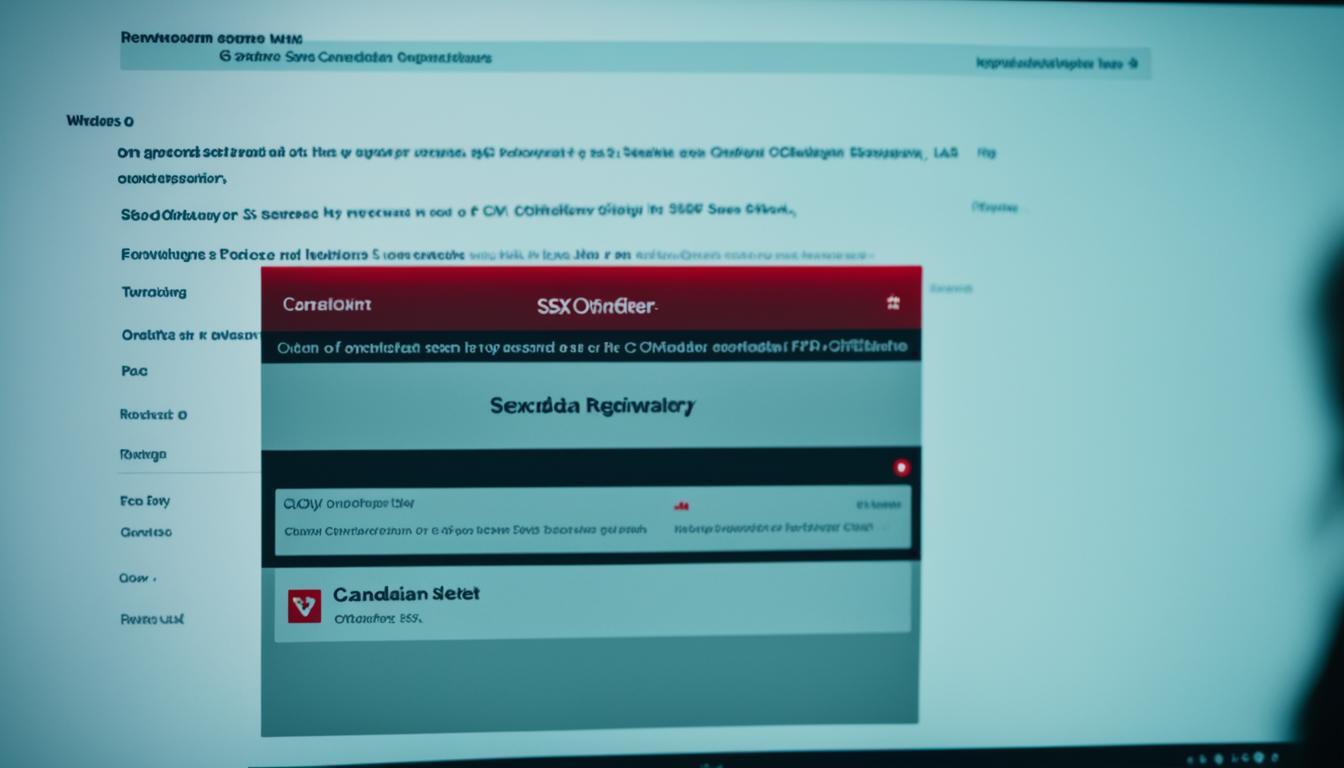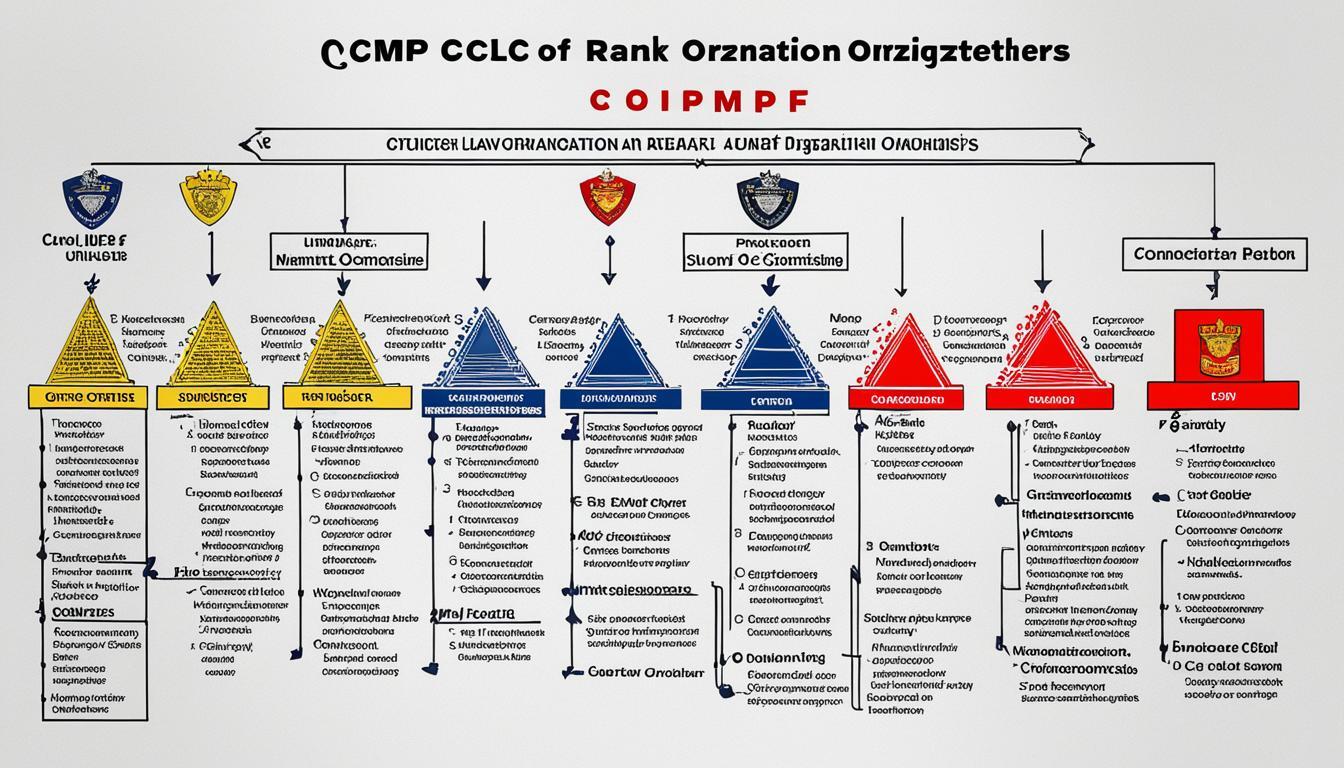Canada Sex Offenders Registry Guide
Hello, I’m here to provide you with a comprehensive guide to the Sex Offenders Registry in Canada. This registry plays a crucial role in ensuring public safety and helping law enforcement agencies prevent and investigate sexual crimes. It provides up-to-date information on convicted sex offenders and helps in monitoring their activities.
The National Sex Offender Registry Database is the foundation of the registry and is administered and maintained by the Royal Canadian Mounted Police (RCMP). Only police agencies have access to this database through their Provincial/Territorial Sex Offender Registry Centre. Offenders are required to report to designated registration sites in their province or territory and provide detailed personal information.
In this guide, we will explore who has to register on the Sex Offenders Registry, how long the reporting obligation lasts, recent changes to the legislation surrounding the registry, and the access and limitations of the registry. So, let’s dive in and equip ourselves with the knowledge and understanding of this crucial public safety tool.
Key Takeaways:
- The National Sex Offender Registry in Canada helps in preventing and investigating sexual crimes.
- Only police agencies have access to the registry database.
- Offenders convicted of designated sex offences must report to registration centers and provide detailed personal information.
- The reporting obligation on the Sex Offenders Registry can last for different durations depending on the maximum term of imprisonment for the offense.
- The proposed legislation aims to update the registry and make the criminal justice system more responsive to sexual crimes in Canada.
Who Has to Register on the Sex Offenders Registry?
If you are convicted of designated sex offences in Canada, it is mandatory for you to register on the Sex Offenders Registry. This registration requirement applies to offenders found guilty of sexual interference, sexual exploitation, child pornography, and other sexual offences. Registering on the Sex Offenders Registry plays a crucial role in ensuring public safety and assisting law enforcement agencies in tracking and monitoring convicted offenders.
Once ordered to register, offenders must report to a registration center within their province or territory within seven days. At the registration center, offenders are required to provide detailed personal information, including their name, date of birth, contact details, address, and physical description. Additionally, offenders must provide information about their education, employment, and vehicle ownership.
Non-compliance with the registration requirement or providing false information can lead to serious consequences, including criminal penalties. To ensure full compliance and accurate record-keeping, it is important for offenders to adhere to the reporting obligations and provide truthful information at all times.
By maintaining an efficient and comprehensive database of registered offenders, the Sex Offenders Registry plays a critical role in safeguarding communities and conducting criminal background searches. This system allows law enforcement agencies to conduct criminal record checks and track the movements and activities of registered offenders, ultimately minimizing the risk of re-offending and enhancing public safety in Canada.

| Personal Information Required for Registration: | Additional Information Required: |
|---|---|
| – Name | – Education |
| – Date of Birth | – Employment |
| – Contact Details | – Vehicle Ownership |
| – Address | |
| – Physical Description |
How Long Does the Reporting Obligation Last?
The reporting obligation on the Sex Offenders Registry in Canada is determined based on the maximum term of imprisonment for the offense. The duration of the reporting obligation can vary depending on the severity of the designated offense committed.
- A SOIRA order lasts for 10 years if the maximum term of imprisonment for the offense is two or five years.
- A SOIRA order lasts for 20 years if the maximum term of imprisonment for the offense is 10 or 14 years.
- A SOIRA order lasts for life if the maximum term of imprisonment for the offense is life or if the offender is convicted of more than one designated offense.
During the reporting obligation period, offenders are required to report any changes in their personal information, such as address or name, within seven days. This reporting ensures that the Sex Offenders Registry maintains accurate and up-to-date information.
Offenders can find designated registration centers in their respective province or territory to fulfill their reporting obligations. These registration centers play a vital role in collecting and updating the necessary information that helps in ensuring public safety and the overall effectiveness of the registry.

Reporting obligations are essential in tracking and monitoring convicted individuals to prevent future offenses and ensure the safety of the community.
The Importance of Reporting Obligations
By imposing reporting obligations, the Sex Offenders Registry in Canada aims to protect society from potentially dangerous offenders. The reporting requirement serves several important purposes:
- Tracking: Reporting obligations help authorities in keeping track of the whereabouts and activities of registered sex offenders to reduce the likelihood of repeated offenses.
- Public Safety: By collecting and maintaining accurate information, the registry aids in enhancing public safety by allowing law enforcement agencies to have access to relevant details about convicted offenders.
- Investigation: The information provided by offenders through their reporting obligations can assist law enforcement agencies in ongoing investigations related to sexual crimes.
Overall, the reporting obligations imposed on convicted offenders play a crucial role in the effective functioning of the Sex Offenders Registry in Canada by ensuring compliance and accountability.
Changes to the Sex Offender Registry Legislation
Bill S-12, introduced by the Department of Justice, proposes significant changes to the Sex Offender Registry in response to a recent decision by the Supreme Court of Canada. The aim of these changes is to enhance the responsiveness of Canada’s criminal justice system to sexual crimes.
Under the proposed legislation, serious child sex offenders, repeat sexual offenders, and other offenders would be automatically added to the national offenders registry, unless they can demonstrate that they pose no risk to the community. This update ensures that individuals who have committed sexual offenses are appropriately monitored and tracked.
The bill also includes provisions for judges to inquire whether victims of sexual offenses want a publication ban on their cases. This empowers victims to have a say in how their personal information is shared and protects their privacy rights. The legislation further clarifies the process for modifying or revoking a publication ban, ensuring transparency and fairness in legal proceedings.
Furthermore, the proposed changes expand the sex offender database by adding non-consensual sharing of intimate images and extortion to the list of designated offenses. By doing so, the legislation recognizes the evolving nature of sexual crimes and addresses emerging challenges in this area.
The proposed legislation strikes a crucial balance between offender registration and the rights and privacy of victims. It serves as a necessary step towards creating a more effective and comprehensive sex offender registry within Canada’s criminal justice system.
Image: The image above represents the implementation of a national offenders registry, which is a crucial component of the proposed changes to the Sex Offender Registry legislation.
Access and Limitations of the Sex Offenders Registry
The Sex Offenders Registry in Canada is not publicly accessible. It can only be accessed by Canadian police agencies. This confidentiality of the registry ensures that sensitive personal information remains protected and prevents public misuse.
However, in certain cases, some international police agencies may be provided with relevant information from the registry if it meets specific criteria. This allows for effective collaboration and information sharing in cross-border investigations.
While provinces cannot make the registry information public, some provinces have explored creating separate registries or notification systems to address specific safety concerns. These initiatives help ensure public safety while maintaining the confidentiality of the national registry.
The personal information contained in the registry database is intended for law enforcement purposes only. It is regulated by strict privacy laws and can only be used by police agencies as allowed by law. Any misuse of this data can result in criminal penalties, underscoring the importance of maintaining the confidentiality and integrity of the registry.
The proposed legislation aims to enhance the effectiveness of the sex offender registry for law enforcement purposes. While it does not change the limitations on public access to the registry, it focuses on strengthening the mechanisms for information sharing and ensuring the registry serves its crucial role in protecting communities across Canada.
- The Role of Police in Community Safety & Unity - October 6, 2025
- Quebec Police Officer Salary Insights 2023 - July 13, 2025
- Canada Arrest Protocol: What Police Say Upon Arrest - June 12, 2025




















Post Comment